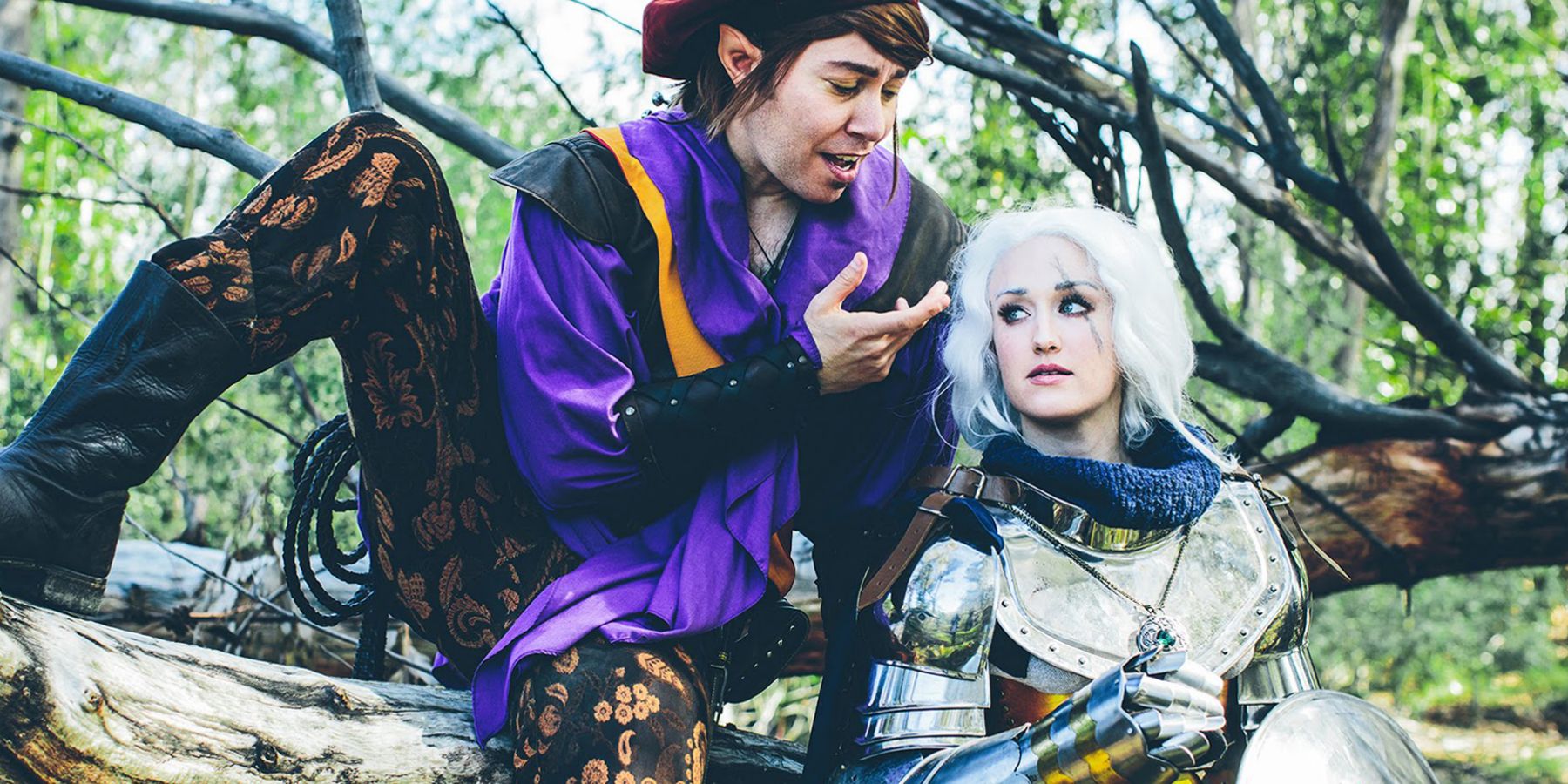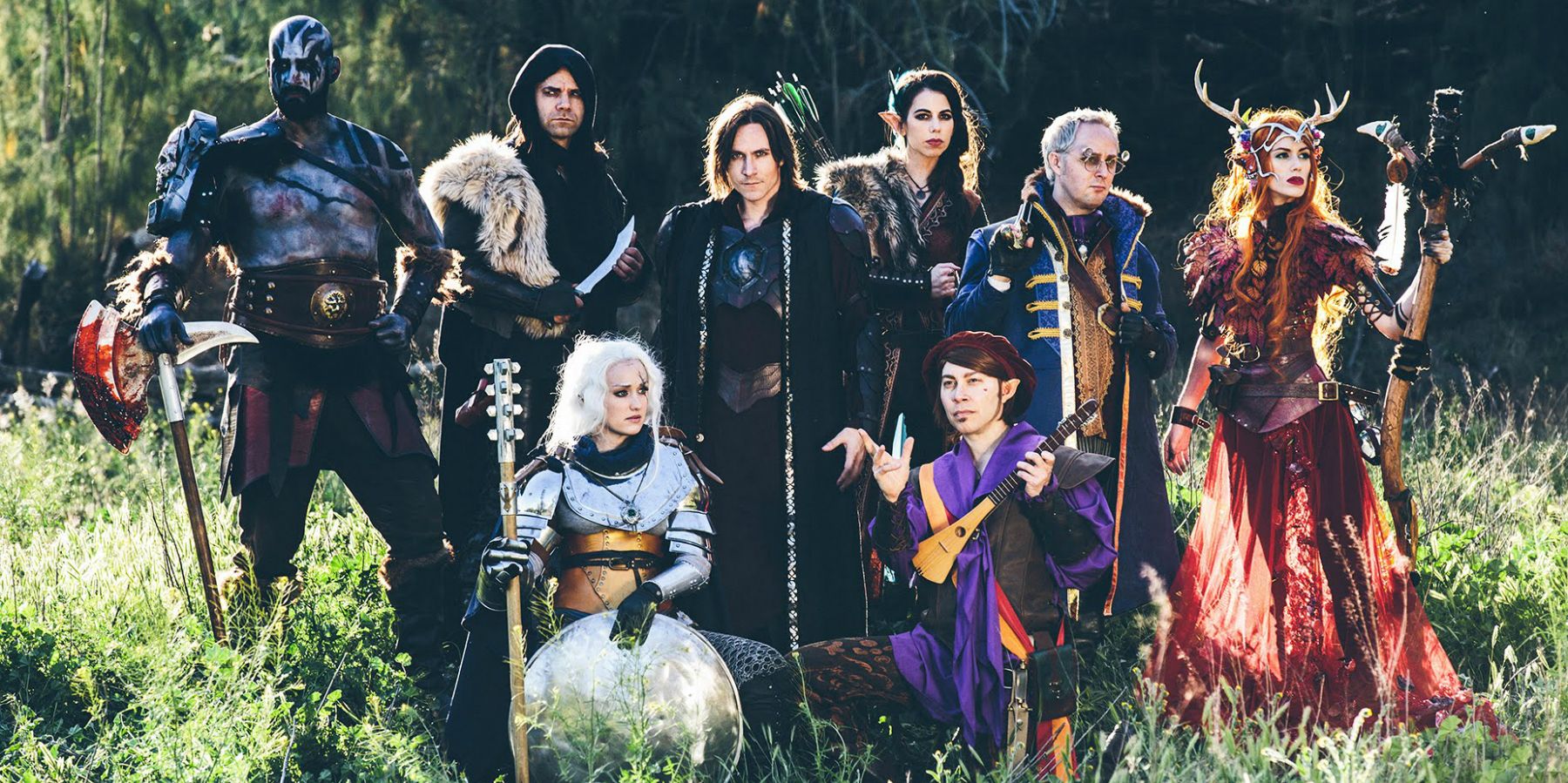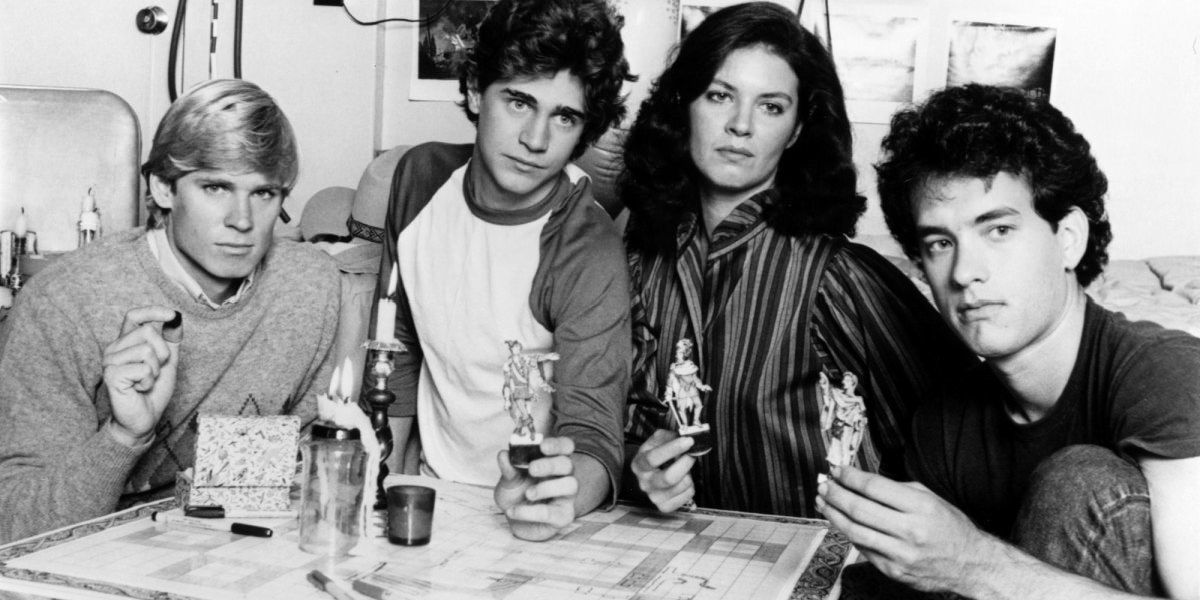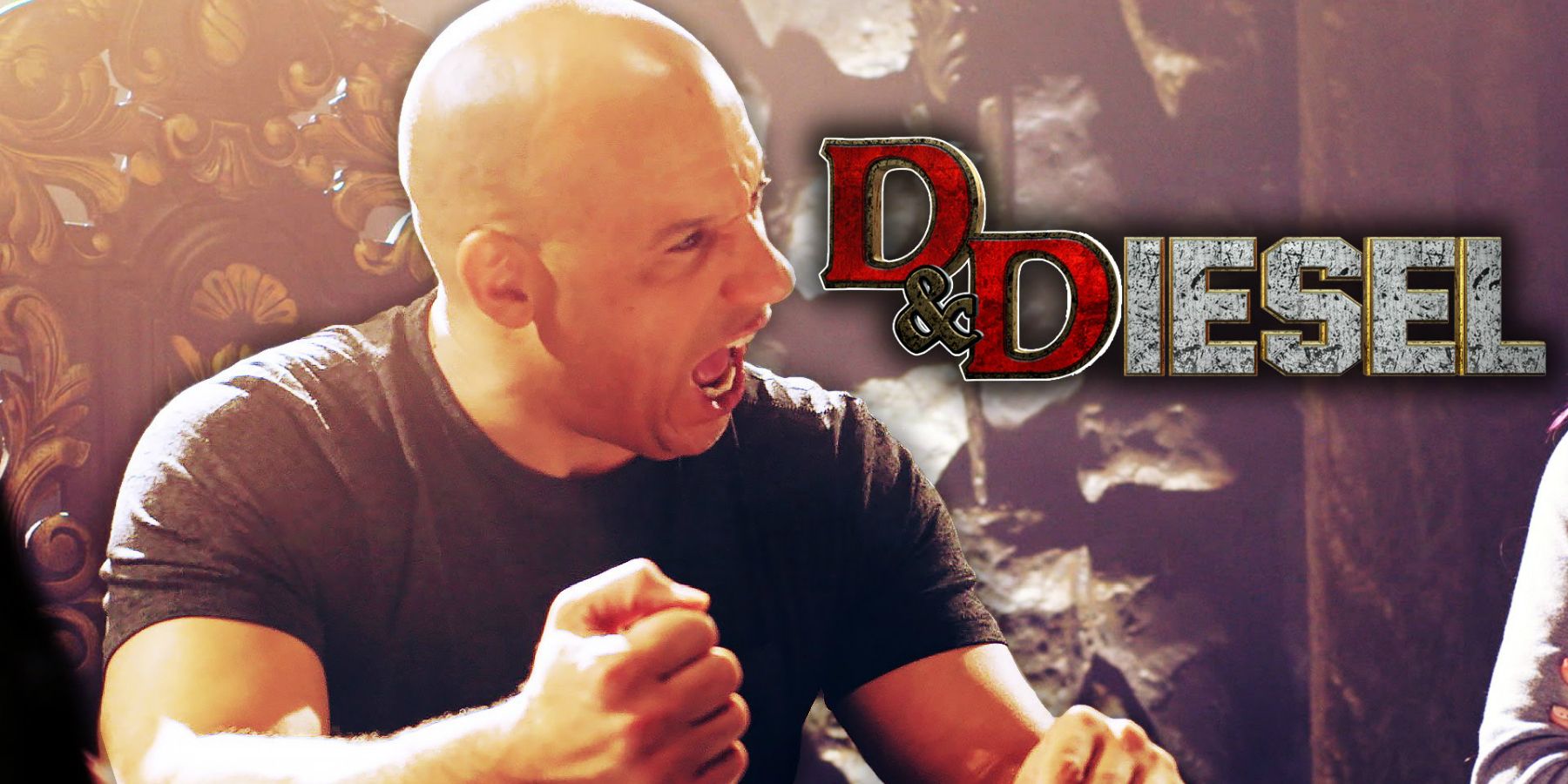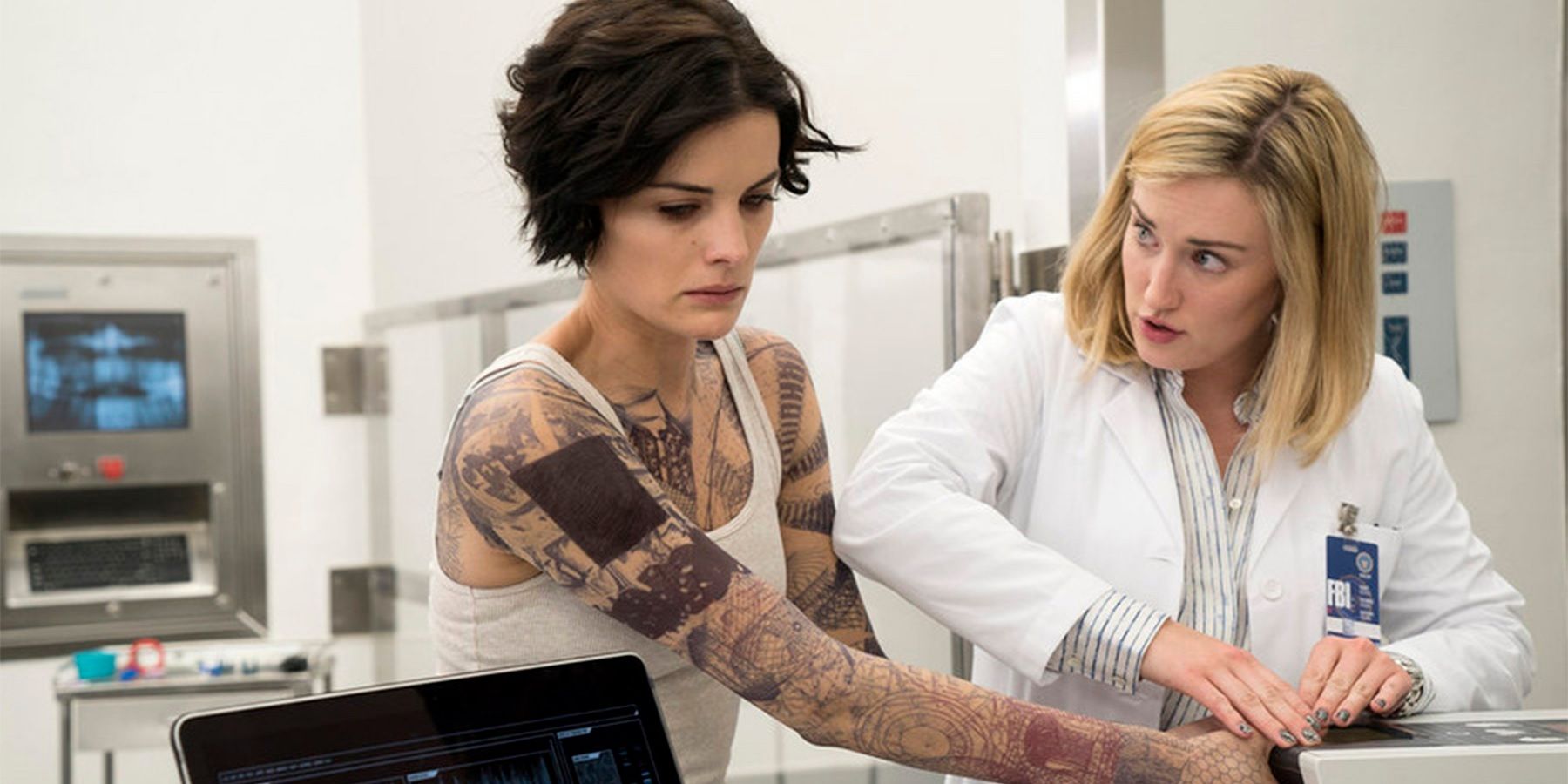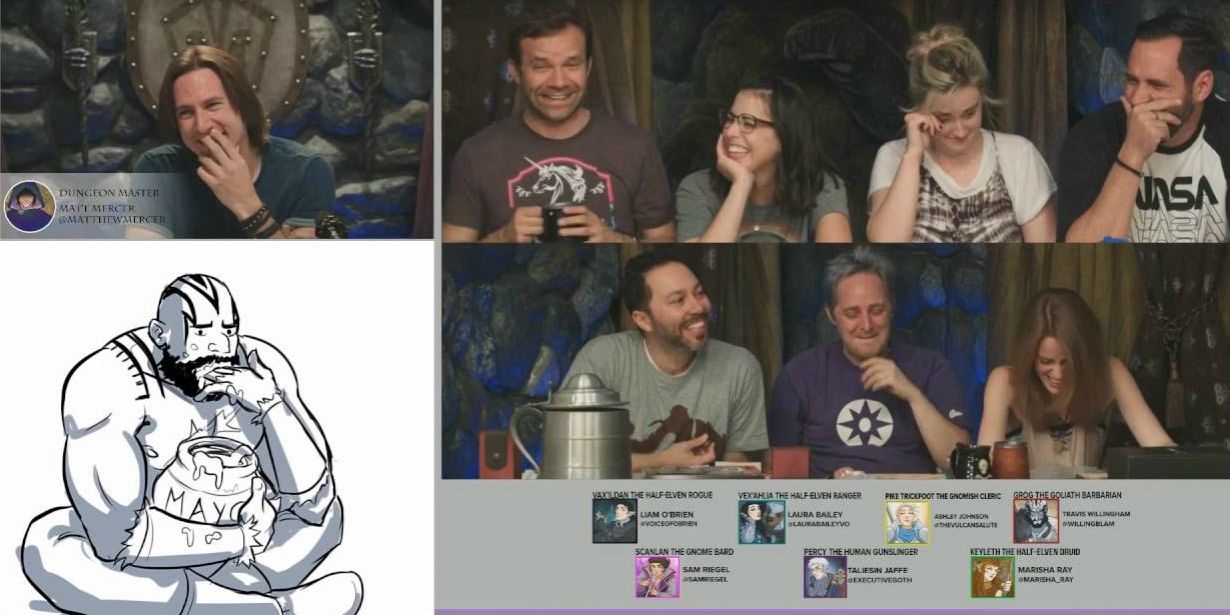Ask a few veteran Dungeons & Dragons players what their favorite edition of the game is, and you’ll have difficulty finding a consensus. Ask those same veteran fans what the most exciting time to be a D&D player was, however, and many of them will point to the Satanic Panic era.
Satanic Panic is the phrase that is commonly used to refer to a period in the late ‘70s and early ‘80s when Dungeons & Dragons triggered moral outrage among certain religious groups and other concerned citizens. The situation began, for some, with the disappearance and eventual suicide of a young D&D player named James Dallas Egbert III. Soon, other cases of violence and horror began to emerge that were all loosely tied to the game. When looking for an explanation, some were quick to point to its supposed satanic imagery and messages.
As is the case with most moral panics centered around a piece of entertainment, the fire they started only served to expose D&D to a new audience. While the game had a very loyal, and growing, following prior to the controversy, all the fuss about this mystical game of fantasy and demons that was apparently so evil that the materials used to play it would scream in agony if you set them on fire suddenly sounded a lot more interesting than what was on TV that night.
It wasn’t long before Dungeons & Dragons was everywhere. Not just in the homes of a new batch of young players, mind you, but on television via made-for-TV movies like 1982's Mazes and Monsters, which starred a young Tom Hanks as a player who is driven mad by the game and becomes convinced that he actually is a powerful cleric and that monsters are attacking him. Marvel Productions produced a Dungeons & Dragons animated series that ran from 1983 to 1985, and decade-defining sci-fi movie E.T. even featured crucial scenes involving kids playing the game.
While it wouldn’t be entirely accurate to say that D&D’s popularity plummeted shortly thereafter, the game did slowly start to exit the public conscience at large in the late 1980s. Time is certainly a contributor to that, but it also has something to do with the rise of VHS tapes, video games, and a healthy numver of D&D competitors. There were simply more home entertainment options than ever, and people’s interests started to spread. By the time the ‘90s hit, D&D was becoming more of a niche - a still-beloved and still very lucrative niche, but a niche nonetheless. Little wonder, then, that New Line's 2000 Dungeons & Dragons movie bombed hard at the box office.
In recent years, however, something rather remarkable has happened. Despite there being more entertainment options than ever, Dungeons & Dragons has been mounting something of a pop culture comeback. A 2010 episode of Community was entirely devoted to D&D. Numerous celebrities such as The Rock, Vin Diesel, Karl Urban, and Tim Duncan have come out to profess their love of the game. It even played a vital part in the recent Netflix sensation Stranger Things.
Nowhere is D&D’s comeback more evident than in the world of web shows and podcasts. From the drunken antics of Rooster Teeth’s Heroes and Halfwits to Penny Arcade’s passionate Acquisitions Inc. play sessions, it’s beginning to feel like every online show creator and streamer needs to have their very own D&D program if they want to stay competitive.
Although it wasn’t the first of its kind, Geek and Sundry’s Critical Role has become something of a poster child for Dungeons & Dragons web shows. Famous for featuring a group of professional voice actors as its players, Critical Role has racked up over 37 million minutes of view time on Twitch and over three million views on YouTube, where the group’s games are archived. They’ve been praised by D&D’s designers, famous fellow players, and are currently entrenched in the center of the game’s online presence. So, who better to turn to when trying to understand why Dungeons & Dragons is experiencing such a resurgence in popularity than one of Critical Role’s very own cast members: Ashley Johnson.
Along with an impressive acting resume that includes such roles as forensic scientist Agent Patterson on NBC’s Blindspot and Ellie in Naughty Dog’s video game magnum opus The Last of Us, Ashley Johnson also lays claim to the honor of playing the Gnome Cleric Pike Trickfoot on Critical Role. She’s in a unique position to understand the current popularity of Dungeons & Dragons considering that she never really played the game prior to joining the Critical Role cast.
“I remember my brother playing in his room with friends when I was a kid,” said Ashley of her first memories of D&D during our recent interview. “I usually wasn’t allowed to join, though (laughs).”
Denied that early chance to experience the game by the same brand of sibling separation many brothers and sisters in the world can relate to, Ashley never really got into D&D as anything more than an interested observer at a young age. While some people make that same claim and cite the game’s intimidation factor and somewhat nerdy stigma as part of the reason why, according to Ashley, that was never her reason for not playing.
“No, I never thought it was nerdy or anything like that,” she says. “It was more about not really knowing anyone who played it and wanted to play with me.
Johnson touches on a rather interesting point here. Unlike other forms of home entertainment that once encroached upon Dungeons &Dragons’ territory such as online streaming and many video games, D&D requires anyone interested in playing it to not only find other players to join them, but find players that are as committed to the experience as they might be. It’s a pretty substantial barrier of entry.
It’s also a barrier of entry that the Internet has helped to break down over the years. It’s now easier than ever to find like-minded people to share one's passions with, no matter what those passions may be, and that’s especially true of already well-established hobbies such as a game of Dungeons & Dragons. That additional reach certainly helped Johnson to find her own group of D&D players who also, beneficially enough, happened to be professional voice actors, but Johnson isn’t entirely convinced that the careers of Critical Role’s crew are entirely to thank for the show’s success.
“I’m not sure exactly why Critical Role took off the way it did,” says Johnson of the show’s success. “I think it has something to do with [the talent of the players]. We have Matt [Mercer] who is just an amazing DM [Dungeon Master], and that helps a lot. It’s also because we have great chemistry with each other. We’re all friends and we like to joke around a lot and have fun. I’ve tried playing with other groups since the show, and it’s fun, but not the same.”
Still, why now? What is it about Dungeons & Dragons in this modern age that has helped the game stage such an incredible comeback, beyond the increased accessibility and the broader mainstreaming of things that were once niche and nerdy? Finding the right group of players may be the key to enjoying D&D, but what is it about the game that makes people want to seek it out now, more than in some past years? As far as that goes, Johnson has another theory.
“People just need that escape,” she says. “They want to go to a land of dragons and elves and be able to pretend. It’s a great way to do that.”
Maybe that is the answer. We may live in a time of nearly infinite entertainment options, but most of them rely on devices we also associate with work, life, and problems. Dungeons &Dragons is different. It’s a book, some pieces, and a few friends. It’s a true escape from our world and everything that comes with it. Whether you’re getting in on the fun yourself or enjoying the good times someone else is having with D&D, it’s cool to be able to so easily be able to leave everything behind and experience an adventure.
Besides, there may be infinite entertainment options available, but there’s still only one Dungeons & Dragons.

